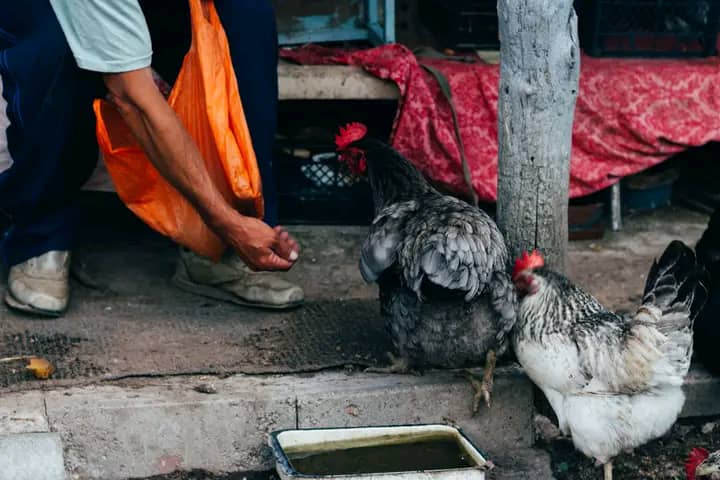Avian Influenza Outbreak in Keta Municipality: A Comprehensive Overview and Response
The Keta Municipality Assembly in the Volta Region of Ghana is grappling with an outbreak of avian influenza, commonly known as bird flu. This highly contagious viral disease, primarily affecting birds, poses a significant threat to both animal and human health. The outbreak, confirmed by the Veterinary Regional Laboratory, has prompted immediate action from local authorities to contain its spread and mitigate its potential impact.
The confirmation of the outbreak came on Wednesday, July 2, 2025, through a press release issued by Mr. Bernard Lawer, the Municipality Veterinary Officer. The release, disseminated through the Ghana News Agency, serves as a crucial public health announcement, urging residents to exercise caution and avoid consuming birds to prevent further transmission of the virus. The statement emphasizes the importance of biosecurity measures, highlighting their critical role in preventing the disease’s propagation.
The epicenter of the outbreak has been identified in Abor, a locality within the municipality. Residents in this area are particularly urged to remain vigilant and promptly report any unusual deaths or signs of illness among their poultry to the designated veterinary and agricultural officers. This timely reporting is crucial for effective disease surveillance, enabling authorities to swiftly identify and isolate affected birds, thus curbing the spread of the virus to other areas.
Biosecurity measures, as outlined by the veterinary officer, constitute a comprehensive set of preventative practices aimed at minimizing the risk of disease introduction and spread. These measures include restricting access to poultry farms, implementing strict hygiene protocols for personnel and equipment, and ensuring proper disposal of dead birds. The public is advised to avoid direct contact with infected birds and practice diligent handwashing after handling poultry or related products. Protective clothing, such as gloves and masks, should be worn when handling potentially infected poultry.
The veterinary services in the municipality have committed to providing ongoing guidance and education to the public regarding the outbreak. This includes disseminating information on the symptoms of avian influenza in birds, the preventative measures that can be taken, and the appropriate channels for reporting suspected cases. Keeping the public well-informed empowers them to take proactive steps to protect themselves and their poultry, contributing to the collective efforts in containing the outbreak. Regular updates will be provided to ensure the community stays abreast of the evolving situation and any new recommendations.
The outbreak of avian influenza in Keta underscores the importance of robust disease surveillance systems and proactive preventative measures. The swift response of local authorities, coupled with public awareness and adherence to biosecurity protocols, will play a crucial role in mitigating the impact of this outbreak and safeguarding the health of both the human and animal populations in the affected region. Continuous monitoring and collaborative efforts between government agencies, veterinary professionals, and the community are essential to effectively control the spread of the virus and prevent further outbreaks. Further research and investigation will be necessary to understand the specific strain of the virus involved and its potential impact on human health.














